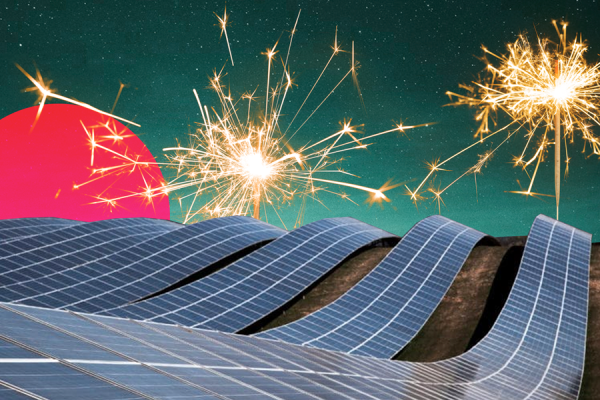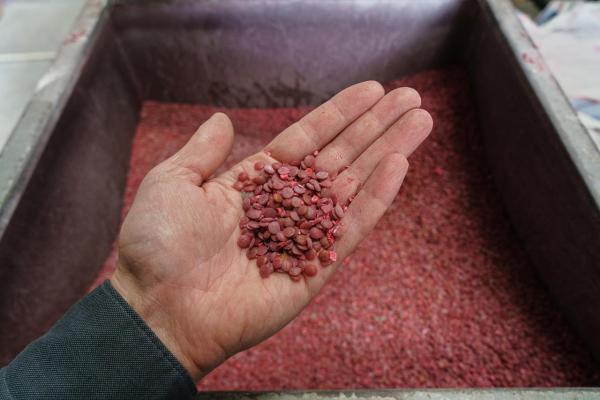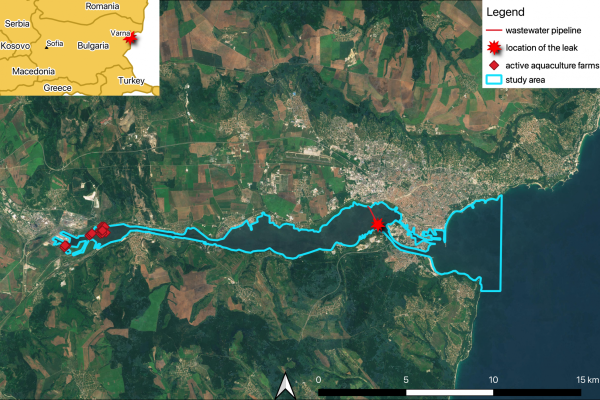The illegal waste trade is not just a local nuisance; it is part of a transnational criminal economy. Thriving on corruption, weak institutions and a lack of enforcement, it directly endangers public health and the environment. Stronger monitoring systems, empowered inspectors, regional cooperation and specialised investigative units capable of tackling environmental crime as organised crime are required to address this issue.
EUROPOL pointed out in 2022 that this part of Europe is facing an increase in illegal waste trade from Western Europe. In its latest assessment, the institution warned that the illegal waste trade will expand in scope and sophistication over the next three years.
Greenpeace Germany explained that this is driven by the intention to reduce the cost of legally disposing of and treating waste in Germany and Western Europe. Transporting the waste to another part of Europe significantly reduces costs. German authorities have faced mounting challenges regarding illegal waste activities since the Chinese market introduced stricter measures on waste imports.
Environmentalists have highlighted a lack of inspections in Germany, which has facilitated illegal practices. We present cases of German waste ending up in Turkey and of Austrian clothing being used as fuel in countries with inadequate waste management systems.
For this investigation, the team of journalists contacted all the relevant EU institutions and bodies, as well as the relevant ministries, prosecutors and customs authorities in Germany, Austria, Italy, the former Yugoslav countries, Albania, Greece and Bulgaria. The journalists found cases involving Bulgarian, Serbian and Macedonian citizens who were involved in the illegal transport or disposal of waste from Western Europe.
Illegal imports of hazardous waste are often enabled by misdeclaration as non-hazardous waste. Different tariff numbers are used to disguise it. Inspectors lack the necessary tools and authority to properly check shipments.
The team visited several landfill sites that had been on fire this year. At one site in Macedonia, there were explosions. Dumpsites are often set on fire, either to extract valuable metals such as copper from cables, or to hide the type of waste that has been disposed of illegally. This practice produces extreme air pollution and poses serious health risks. We visited another site two days before a fire broke out there, and we have video footage that should be considered by the Macedonian State Prosecution.
There is also evidence to suggest that construction waste, including asphalt from public works projects, is being illegally dumped at these sites. Local governments fail to be accountable. In two municipalities, one in Macedonia and one in Bulgaria, we filmed parts of streets that had been dumped on illegal landfills. Police and inspectors rarely intervene, leaving activists and citizens to act as 'detectives' instead of the authorities. Environmental inspectors face political pressure and threats. Some have been removed from their positions for refusing to authorise illegal waste imports. A former head of the Macedonian State Inspectorate for Environmental Protection told us about the pressure she received from government officials, businesspeople and criminals, which she said was the reason she lost her position.
Macedonia lacks specialised police units for environmental crime, though plans exist to establish one with support from the Italian Carabinieri. Serbia has had such a unit since 2022, as well as a specialist prosecutor for environmental crimes. They informed us that a lot of waste is transported or disposed of with falsified documentation, and that criminals mix waste to prevent the authorities from discovering its origin.
In Bulgaria, cases of illegally imported waste involving Macedonian citizens have been reported. The country imports RDF waste, primarily from Italy, which is then burned in outdated cement factories and power plants that lack environmental standards. In the Bulgarian capital alone, there are over 280 illegal landfills. Serbia has over 2,500 illegal landfills and neighbouring Macedonia has over 2,000.
Image: Heaps of illegal waste along a road in North Macedonia. © Aleksandar Metodijev







